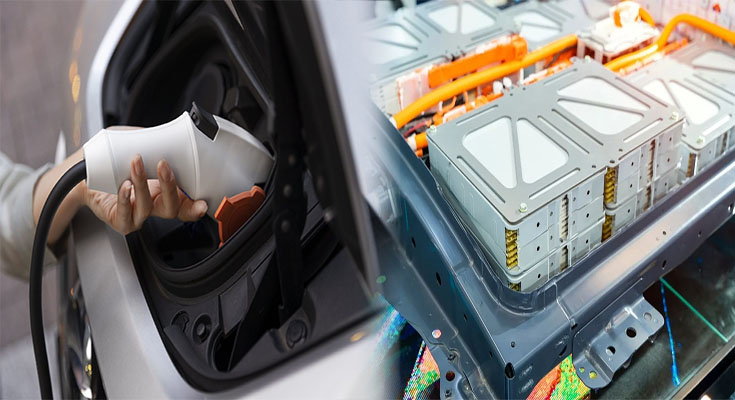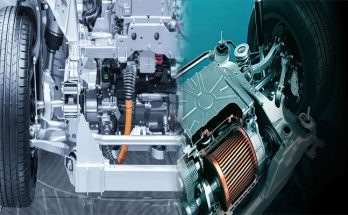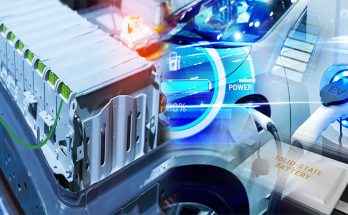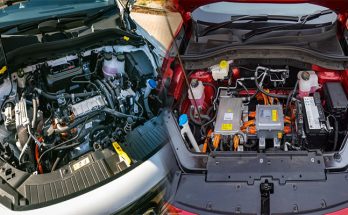Electric vehicles (EVs) are becoming increasingly popular as a clean and efficient mode of transportation. One of the key components that determine the performance and range of an electric car is its battery pack. Within the battery packs, different chemistries are employed to store and discharge energy. In this article, we will explore some of the different battery chemistries used in electric car battery packs and their characteristics.
1. Lithium-Ion (Li-ion) Batteries
Lithium-ion batteries are the most commonly used chemistry in electric car battery packs. They offer a high energy density, allowing EVs to achieve longer ranges on a single charge. Li-ion batteries also have a relatively low self-discharge rate and are known for their power density, which enables electric cars to accelerate quickly.
Lithium-ion batteries come in various configurations, such as Lithium Cobalt Oxide (LiCoO2), Lithium Iron Phosphate (LiFePO4), and Lithium Nickel Manganese Cobalt Oxide (NMC). Each configuration has its own advantages in terms of energy density, cycle life, and cost. Manufacturers select the appropriate lithium-ion chemistry based on factors like cost-effectiveness, desired range, and longevity.
2. Nickel-Metal Hydride (NiMH) Batteries
While lithium-ion batteries are more prevalent, some older electric vehicles and hybrid cars still use nickel-metal hydride batteries. NiMH batteries offer a lower energy density compared to lithium-ion batteries but are more affordable.
The advantage of NiMH batteries lies in their safety and resilience to degradation. They are less prone to thermal runaway (a rapid increase in temperature) and tend to have longer cycle lives in comparison to lithium-ion batteries. However, the lower energy density of NiMH batteries limits the range of electric cars, making them less suitable for long-distance travel.
3. Solid-State Batteries
Solid-state batteries are an emerging technology that is expected to revolutionize electric car battery packs. Unlike conventional batteries that use liquid or gel electrolytes, solid-state batteries utilize solid electrolytes. This innovation addresses safety concerns associated with liquid electrolytes and offers higher energy density potential.
Solid-state batteries have the potential to provide significantly longer ranges, faster charging times, and better thermal stability compared to current battery chemistries. However, the technology is still in the early stages of development and has yet to be mass-produced for electric vehicles.
4. Other Battery Chemistries
Apart from the chemistries mentioned above, other battery types are also being explored for electric car applications. These include lithium-sulfur (Li-S), zinc-air, and sodium-ion batteries. These chemistries hold promise in terms of greater energy storage capabilities, lower costs, and reduced environmental impact. However, they are still undergoing intensive research and development before they can be integrated into commercial electric cars.
As the demand for electric vehicles continues to grow, so does the innovation in battery chemistries. Lithium-ion batteries remain the dominant choice for electric car battery packs due to their high energy density and power output. However, the industry is actively exploring new and improved chemistries, such as solid-state batteries, to further enhance the performance and range of electric vehicles. As advancements continue, we can expect electric car battery packs to become more efficient, affordable, and capable of powering vehicles for longer distances.





